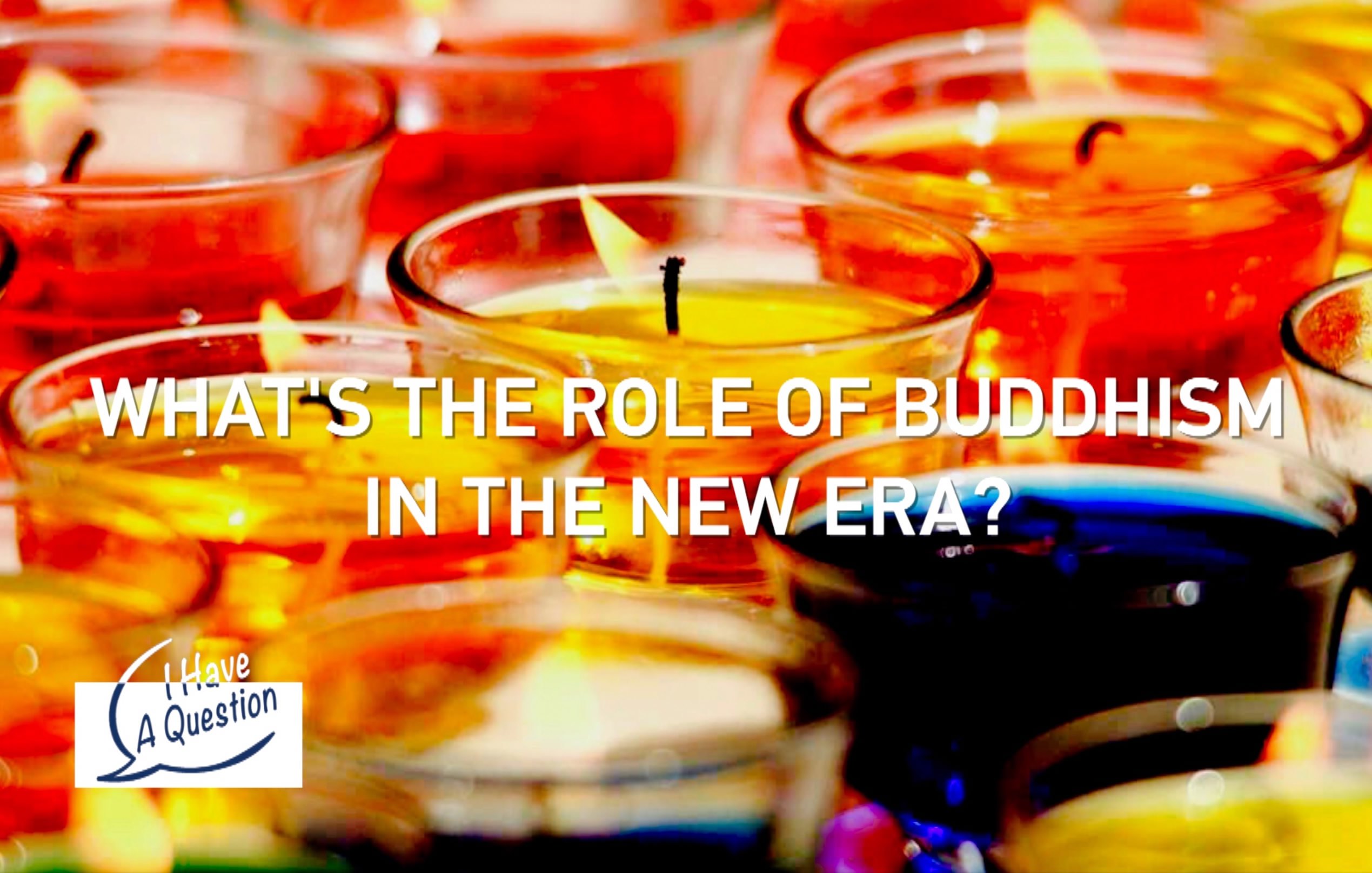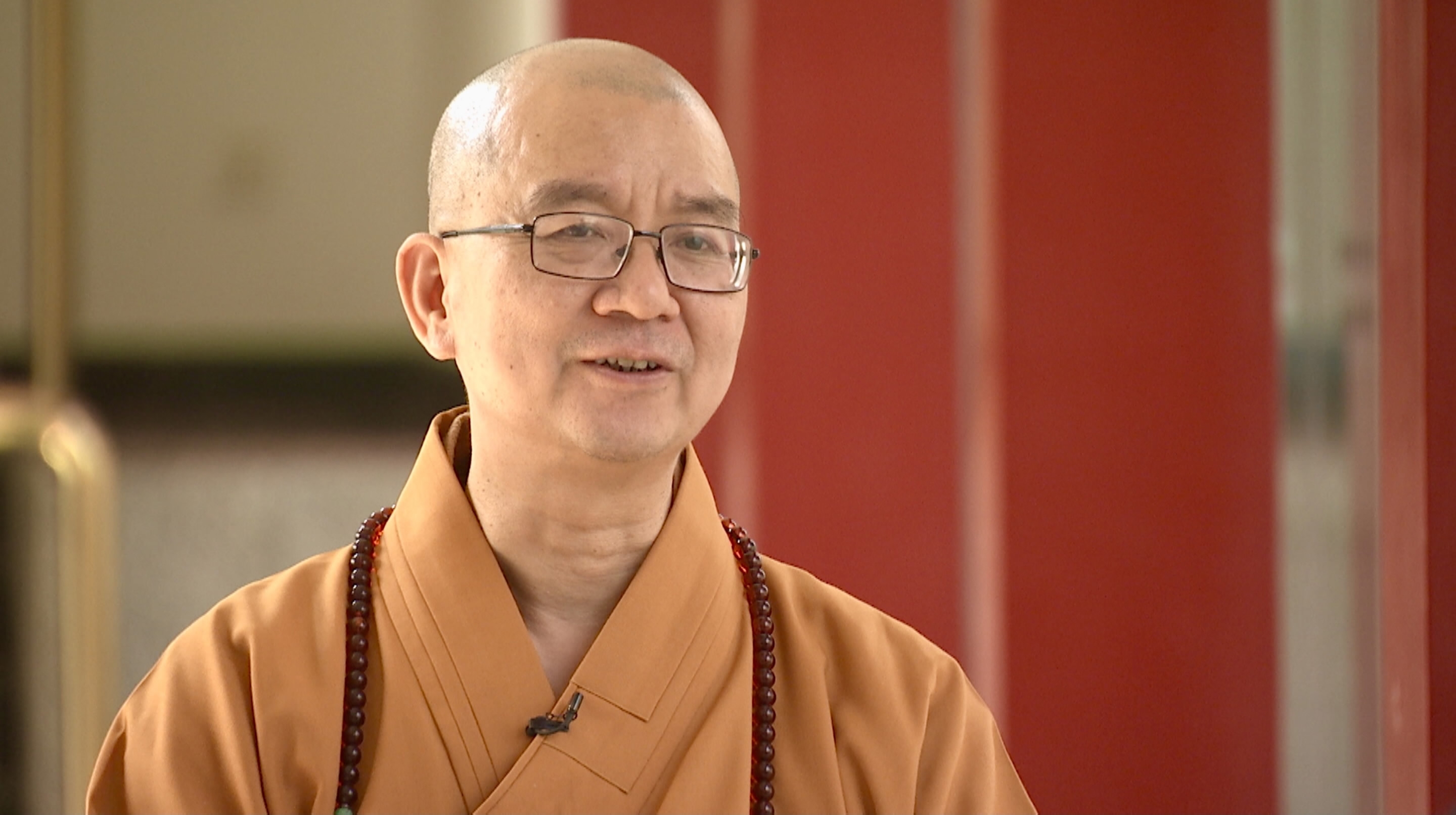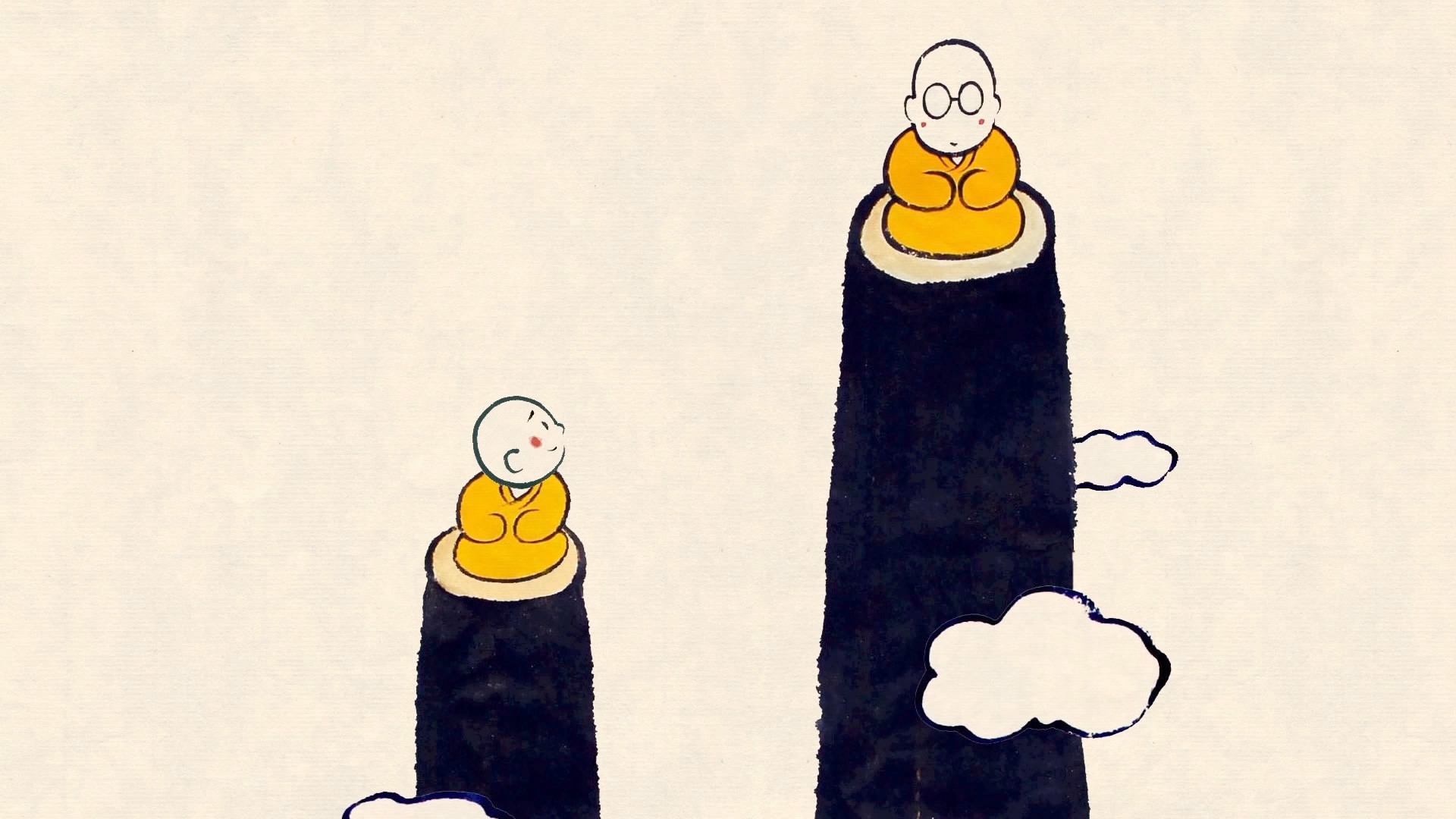
Culture
10:48, 15-Mar-2018
I HAVE A QUESTION: Can Xian’er rejuvenate Chinese Buddhism?
By Han Bin and Zhuang Yuying and Wei Lynn Tang

WHAT'S THE ROLE OF BUDDHISM IN THE NEW ERA?
As China enters a new era, has Buddhism as a religion caught up pace, or has it lagged behind times?
Venerable Master Xue Cheng, president of the Buddhist Association of China said Buddhism has a large impact in China, having been around for over 2,000 years.
Yet, he said many people’s understanding of the religion still lingers on the burning of incense and worshiping on bended knees.
“Buddhism is not just a religion of rituals, what’s more important is its thinking and spirit – of how to transcend its ways of compassion into today’s materialistic and highly advanced world,” he said.
Thus, Master Xue Cheng, who is also a CPPCC member, said Buddhism needs to be reinterpreted such that everyone – including those beyond China and non-followers – can enjoy its wisdom.
VIGILANCE AGAINST OVER COMMERCIALIZATION
Where there is interest, there is bound to be commercialization. And Buddhism, along with other religions, is not exempt.
However, Master Xue said commercialization in itself is not a bad thing. He added when there is demand, there will also be supply. In this case, costs are involved in running a temple – be it in food consumption, accommodation, religious products such as books and music CDs.
“The key is in distinguishing the motive. For example, there are some out there who uses religion as a vehicle to make money, hence causing many misconceptions of the religion,” he said.
“Offering and almsgiving come from the believers’ hearts. But temples also have to be vigilant against crossing moral lines.”

Venerable Master Xue Cheng speaks to CGTN in an interview. /CGTN Photo
Venerable Master Xue Cheng speaks to CGTN in an interview. /CGTN Photo
KEEPING BUDDHISM RELEVANT
Longquan Monastery, a temple located in northwest Beijing, is widely known as one of China’s most tech-savvy temples.
Master Xue Cheng, the temple’s abbot since 2005, has been advocating the use of up-to-date technologies and devices to promote Buddhism.
Xian’er, a virtual monk, was created in 2011 to help spread Buddhism teachings.
What started off as a cartoon and animation is now a physical robot which can be found in the temple. The robot can answer questions and read out Buddhist classics.
“With the image of Xian’er, people can easily understand monks, monasteries and Buddhism,” Master Xue said.
He hopes Buddhism can help relieve people from suffering from the concept of “ego” in the modern age.
“If one can remove his or her attachment to ego or the concept of “self”, wisdom will then flow through. With wisdom in one’s heart, there is more clarity in one’s thinking and decisions, and life could be smoother.”
Many in the young generation today tend to possess a more laid-back attitude, which the online sphere has termed it as “佛系”, likening it to the “Zen-like” .
“Each of us is born with responsibilities, no one can just chug along in life,” Master Xue insists.
As he puts it, the foundation of Buddhism lays in helping others and seeing their success as your very own. He believes there is much more to be done, to make Buddhism thrive in China’s new era.


SITEMAP
Copyright © 2018 CGTN. Beijing ICP prepared NO.16065310-3
Copyright © 2018 CGTN. Beijing ICP prepared NO.16065310-3